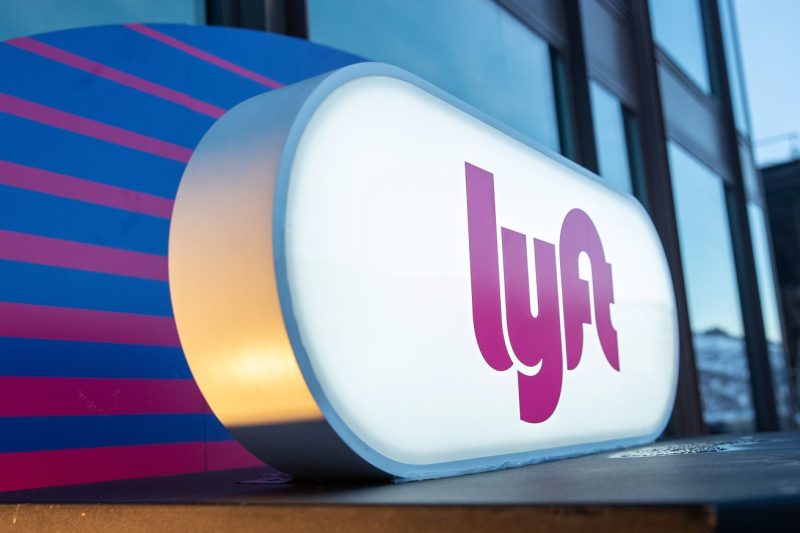In a recent development, the popular ride-sharing company Lyft has found itself in hot water over allegations of misleading advertising practices. The company has been fined a whopping 2.1 million dollars for luring drivers with false promises about the amount of money they could potentially earn.
It’s no secret that the gig economy has grown exponentially in recent years, providing countless individuals with flexible work opportunities. Companies like Lyft have capitalized on this trend by recruiting drivers to provide rides to customers through their platform. However, according to the recent investigation, Lyft’s advertising may have painted an overly rosy picture of the earning potential for drivers.
The Federal Trade Commission (FTC) launched an inquiry into Lyft’s advertising practices after receiving complaints from drivers who felt that they had been misled by the company’s claims. The investigation revealed that Lyft had indeed engaged in deceptive advertising tactics by exaggerating the potential earnings for drivers.
Lyft’s ads reportedly promised drivers that they could earn a substantial income by signing up with the company. However, the reality for many drivers turned out to be quite different. According to the FTC, only a small percentage of drivers were able to earn the amounts that were advertised by Lyft.
As a result of these findings, Lyft has been ordered to pay a hefty fine of 2.1 million dollars for its misleading advertising practices. In addition to the financial penalty, the company has also been instructed to cease making false claims about driver earnings and to provide accurate and transparent information in its future advertisements.
This case serves as a cautionary tale for companies operating in the gig economy. While it may be tempting to attract workers with promises of high earnings and flexible schedules, it is essential to be honest and upfront about the potential challenges and limitations of the job. Misleading advertising not only tarnishes a company’s reputation but also leads to legal consequences, as demonstrated in Lyft’s case.
Moving forward, it is crucial for companies like Lyft to prioritize transparency and accountability in their dealings with drivers and other workers. By providing accurate information and setting realistic expectations, companies can build trust with their workforce and avoid costly fines and legal repercussions.Ultimately, creating a fair and honest working environment benefits everyone involved, leading to a more sustainable and ethical gig economy for the future.

























